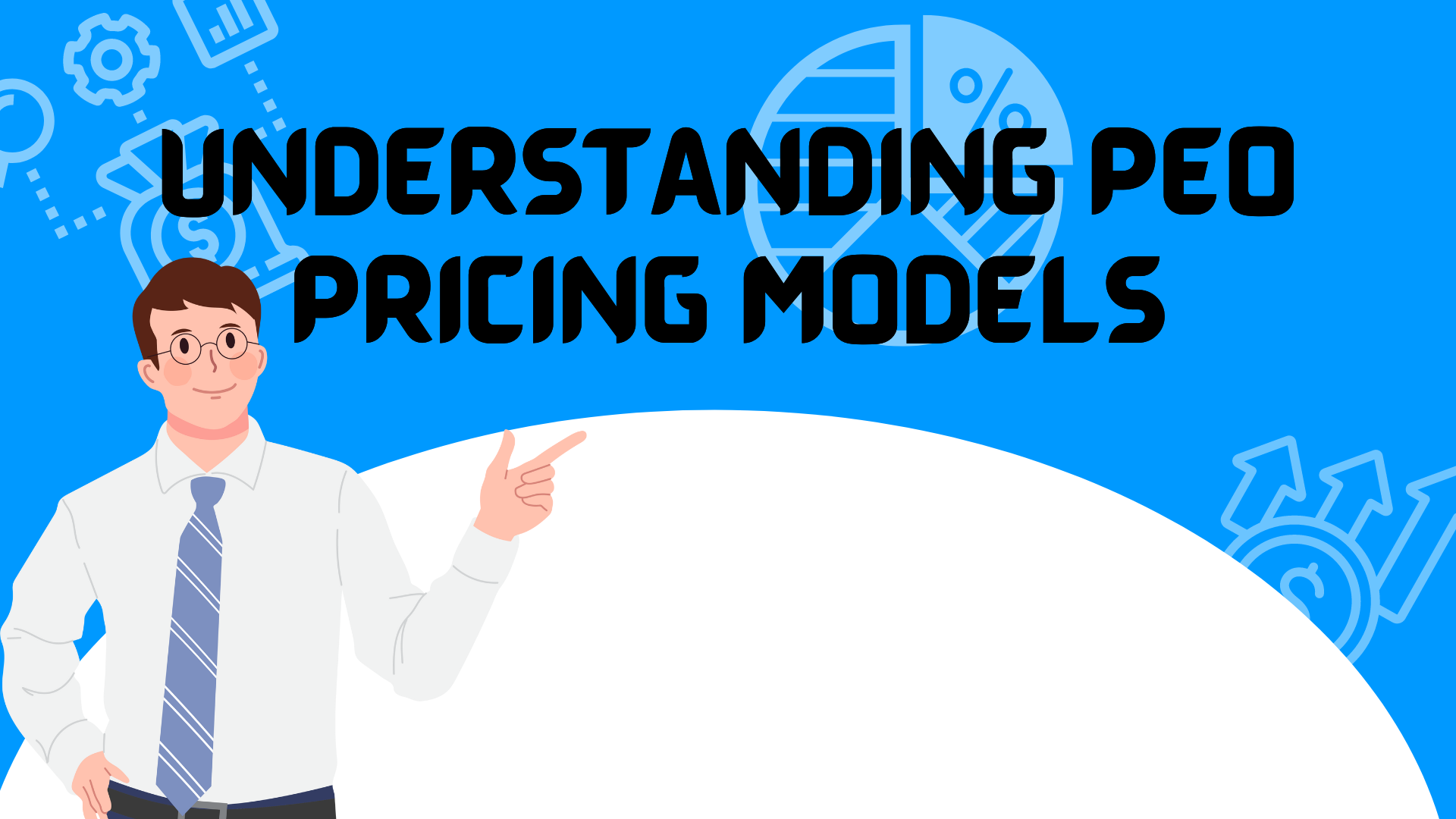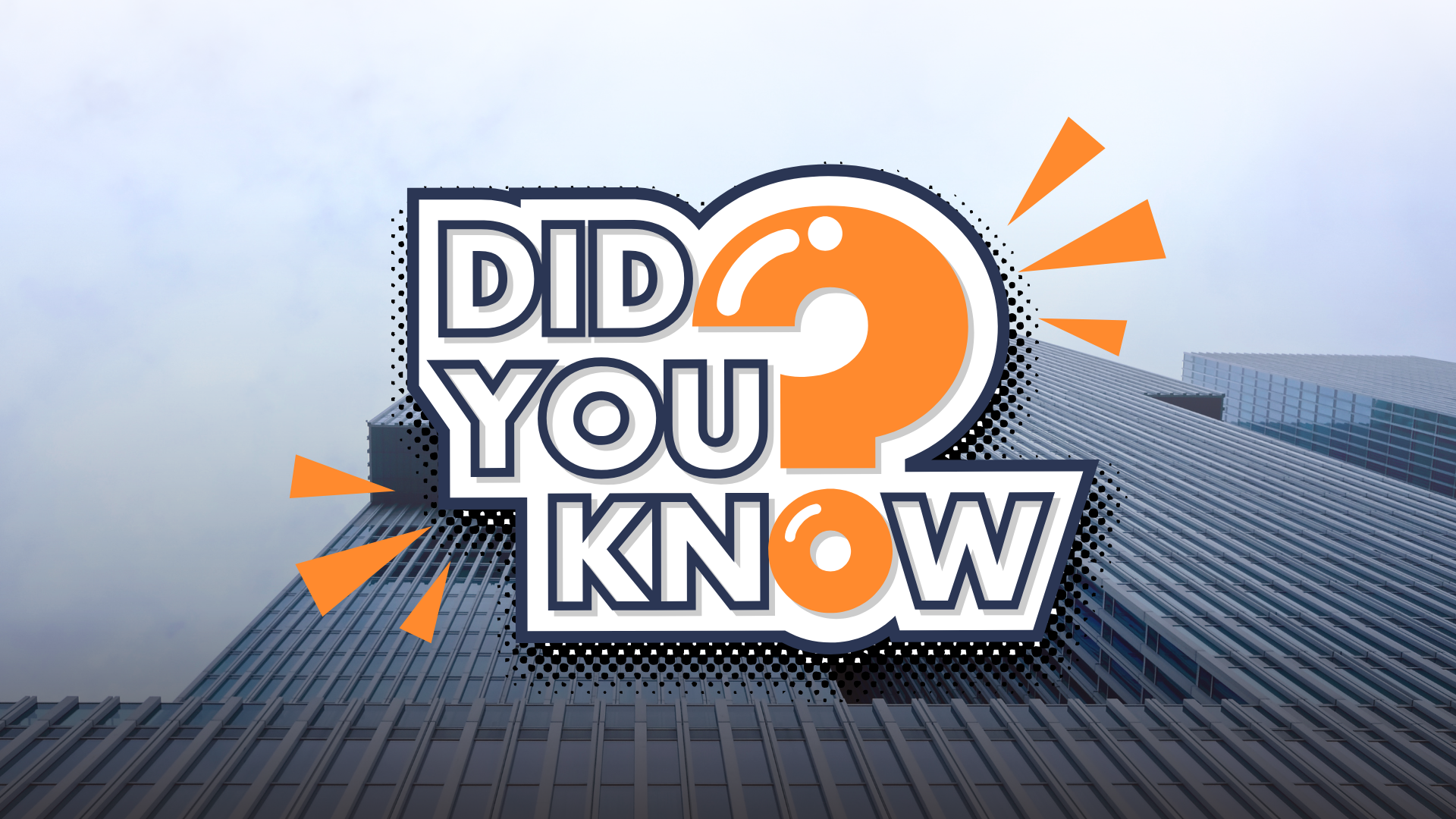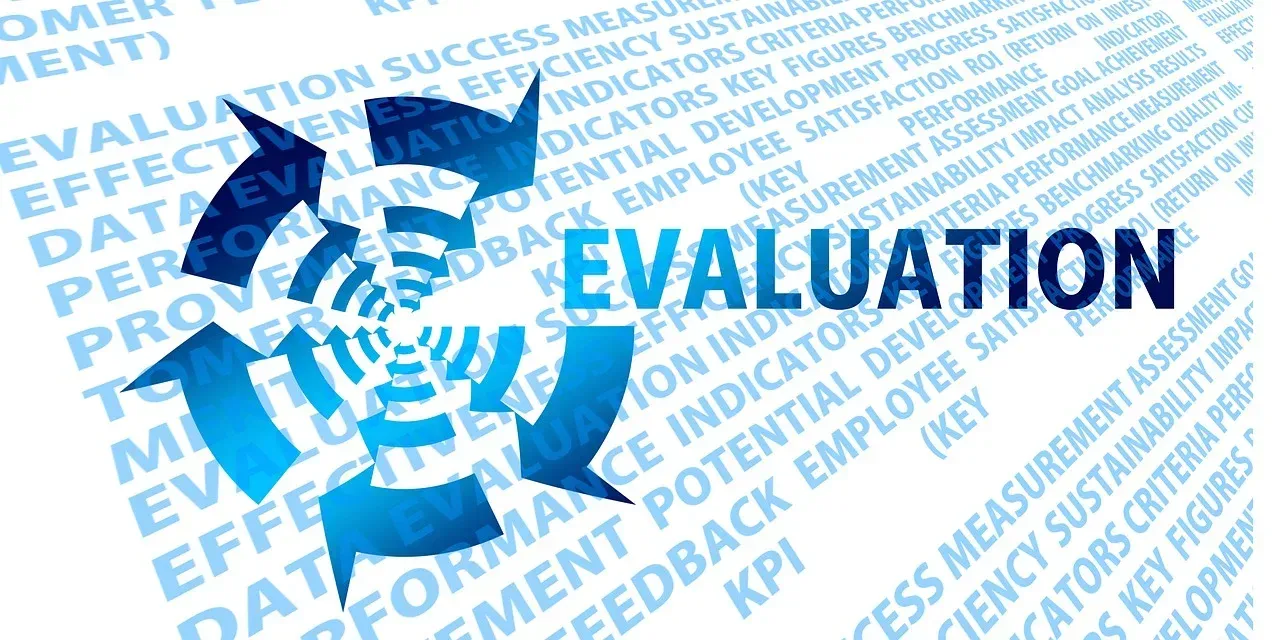What Does a PEO Cost? It Depends on Several Factors

When considering partnering with a Professional Employer Organization (PEO), one of the most common questions is: "What does a PEO cost?" This question is similar to asking, "What does a house cost?" or "What does a car cost?" The answer to all these questions is: it depends on several factors.
Understanding PEO Pricing Models
PEO pricing structures can vary widely based on the services provided and the specific needs of your business. Here are some of the primary factors that influence PEO costs:
- Size of Your Business: The number of employees you have will significantly impact the cost. Larger companies might benefit from economies of scale, while smaller companies may have higher per-employee costs.
- Services Required: PEOs offer a range of services including payroll administration, benefits management, compliance assistance, HR support, and risk management. The more comprehensive the services you need, the higher the cost will be.
- Industry: Some industries have higher regulatory requirements or greater risk, which can influence the cost. For example, a construction company may have different needs and associated costs compared to a tech startup.
- Employee Benefits: The types and levels of benefits you wish to offer your employees (health insurance, retirement plans, etc.) will also affect the cost. Premium benefits will naturally come at a higher price.
- Current HR Infrastructure: If you already have an established HR infrastructure, the transition to a PEO might be less expensive compared to building one from scratch.
Common Pricing Models
- Percentage of Payroll: Many PEOs charge a percentage of your total payroll, typically ranging from 2% to 12%. This model aligns the cost with the size of your payroll, making it predictable and scalable.
- Per-Employee-Per-Month (PEPM): Another common pricing model is a flat fee per employee per month. This fee can range from $50 to $200 or more, depending on the services included.
- Bundled vs. À La Carte Services: Some PEOs offer bundled services at a set price, while others allow you to pick and choose services, which can help tailor costs to your specific needs.
Additional Costs to Consider
- Setup Fees: Some PEOs may charge an initial setup fee to cover the costs of transitioning your company into their system.
- Termination Fees: Be aware of any potential termination fees if you decide to end the PEO partnership.
- Additional Services: Costs for additional services, such as specialized training or recruitment, may be added on top of the standard fees.
The Value Proposition
While the cost of a PEO can vary, it's essential to consider the value it brings. By handling complex and time-consuming HR tasks, a PEO allows you to focus on growing your business. Additionally, PEOs can often provide access to better benefits packages at lower rates due to their larger pool of employees.
Conclusion
Asking "What does a PEO cost?" is much like asking "What does a house cost?" or "What does a car cost?"—the answer depends on numerous factors specific to your situation. By understanding these factors and working with a reputable PEO, you can find a solution that offers both value and cost-effectiveness for your business.
If you’re considering a PEO and want to understand what it might cost for your specific business, I would be happy to provide more detailed information and help you explore your options. Let's connect and discuss how a PEO can benefit your organization.
You might also like



